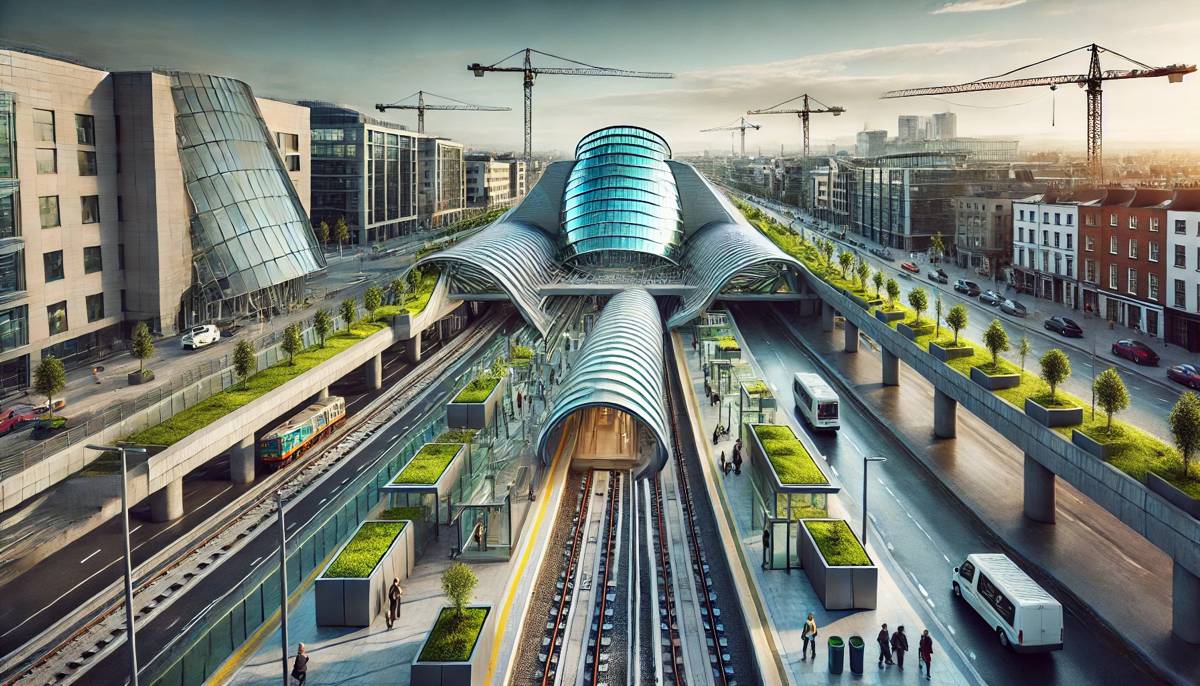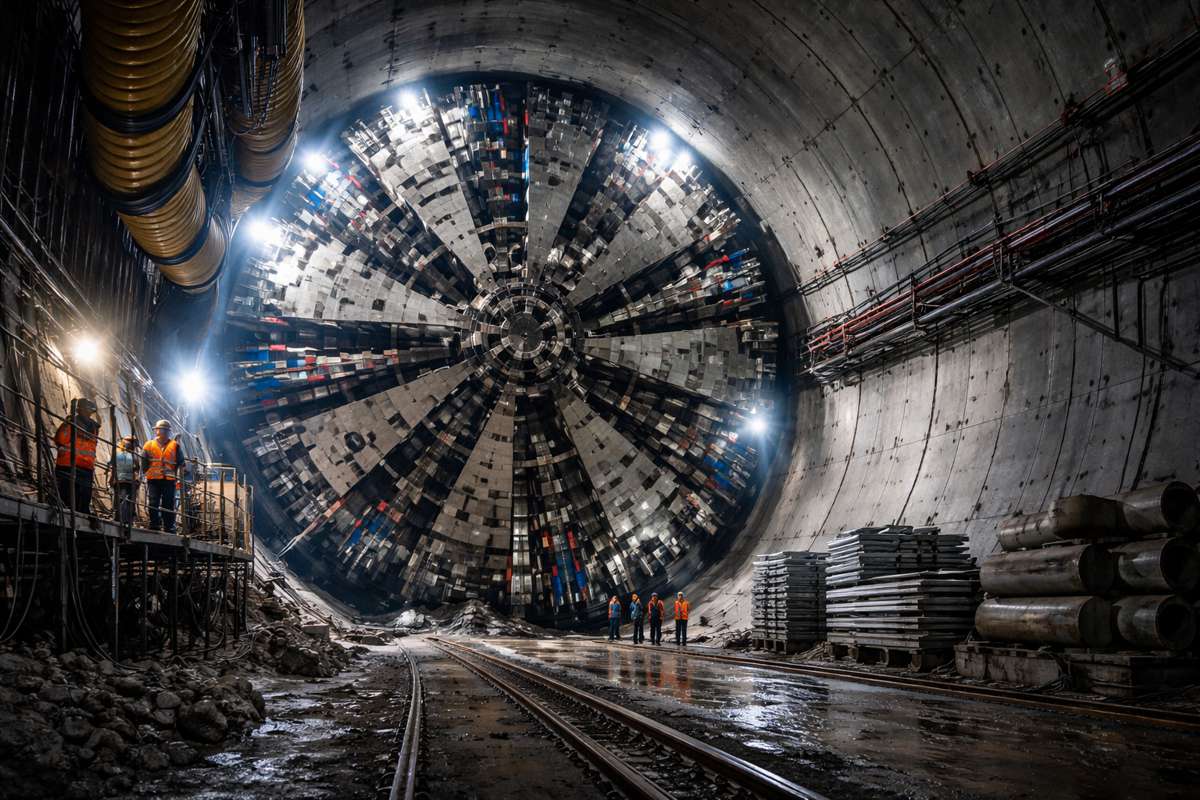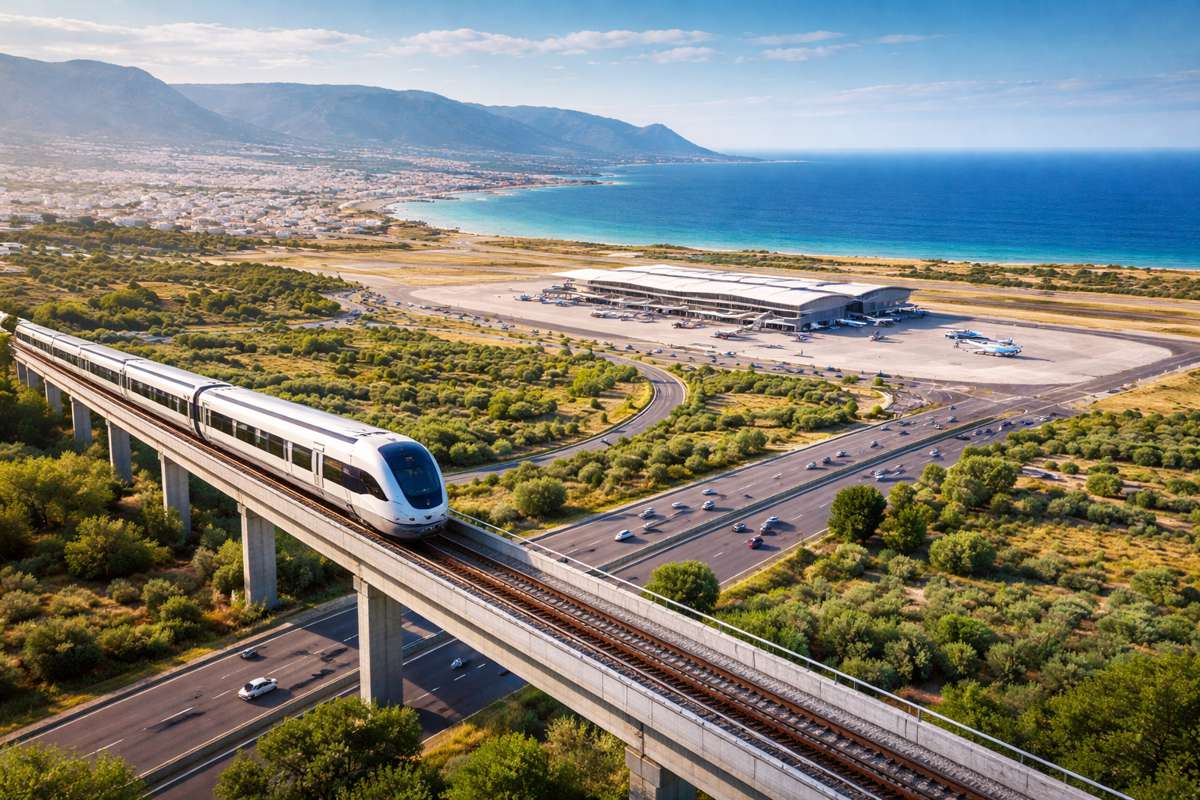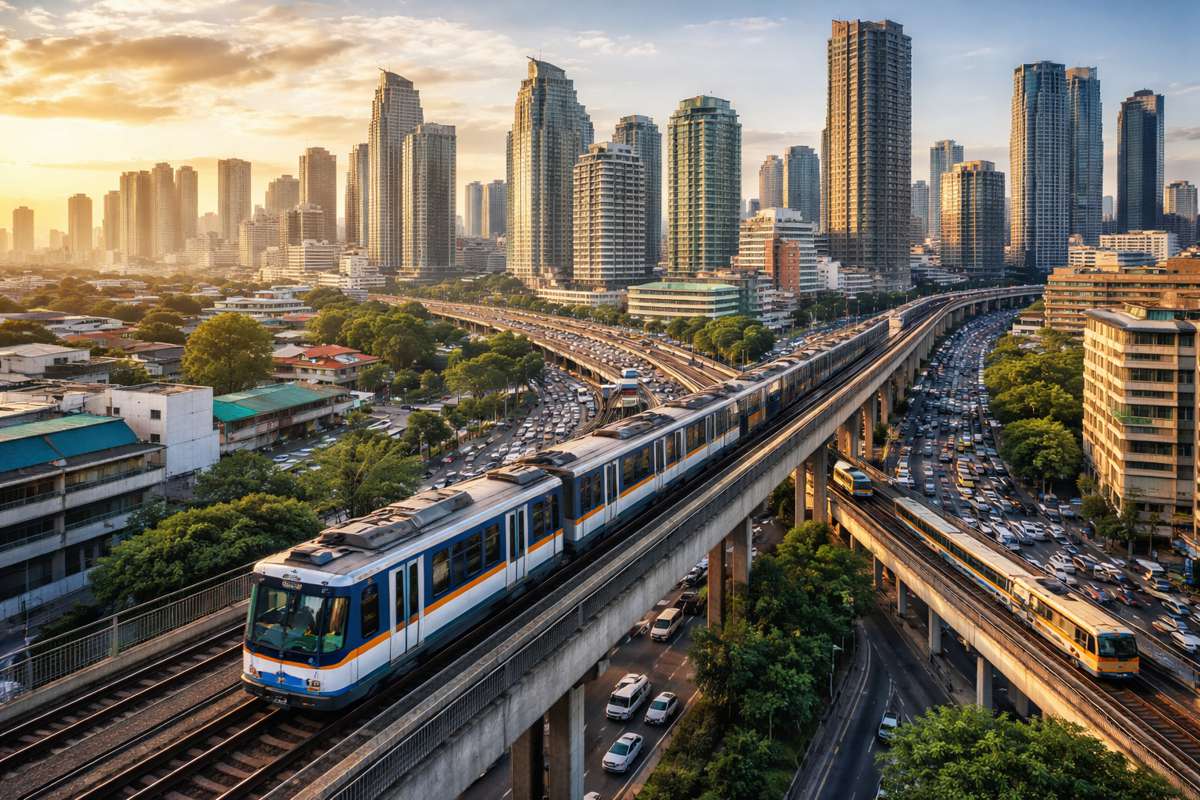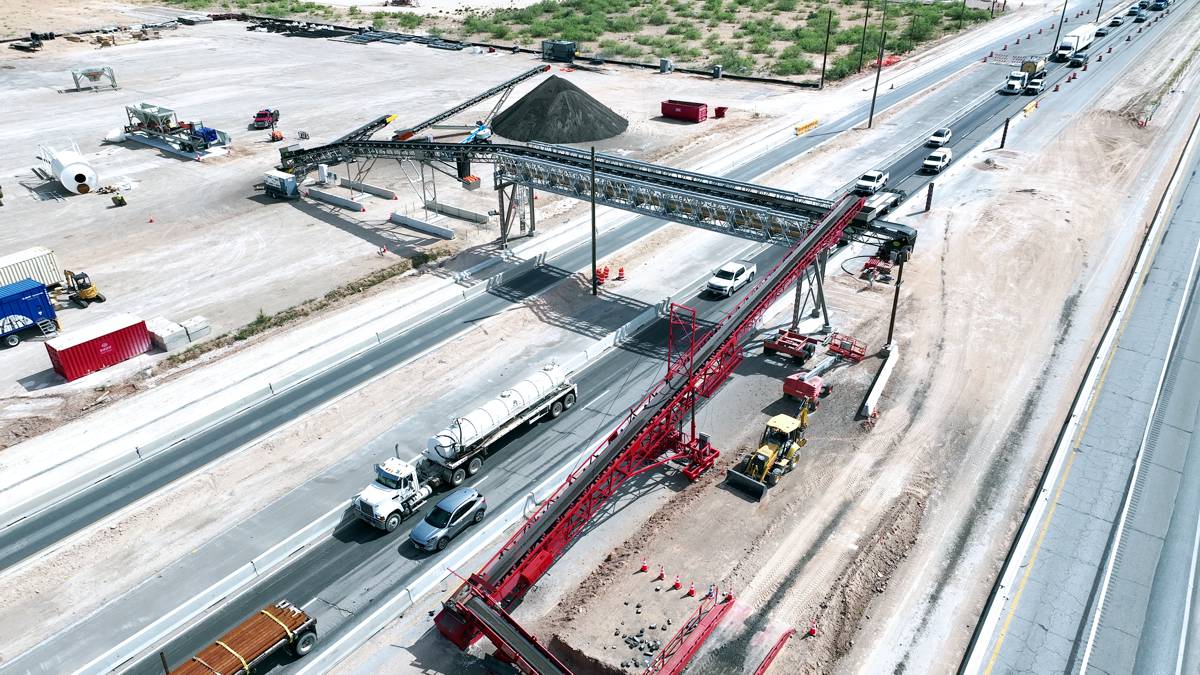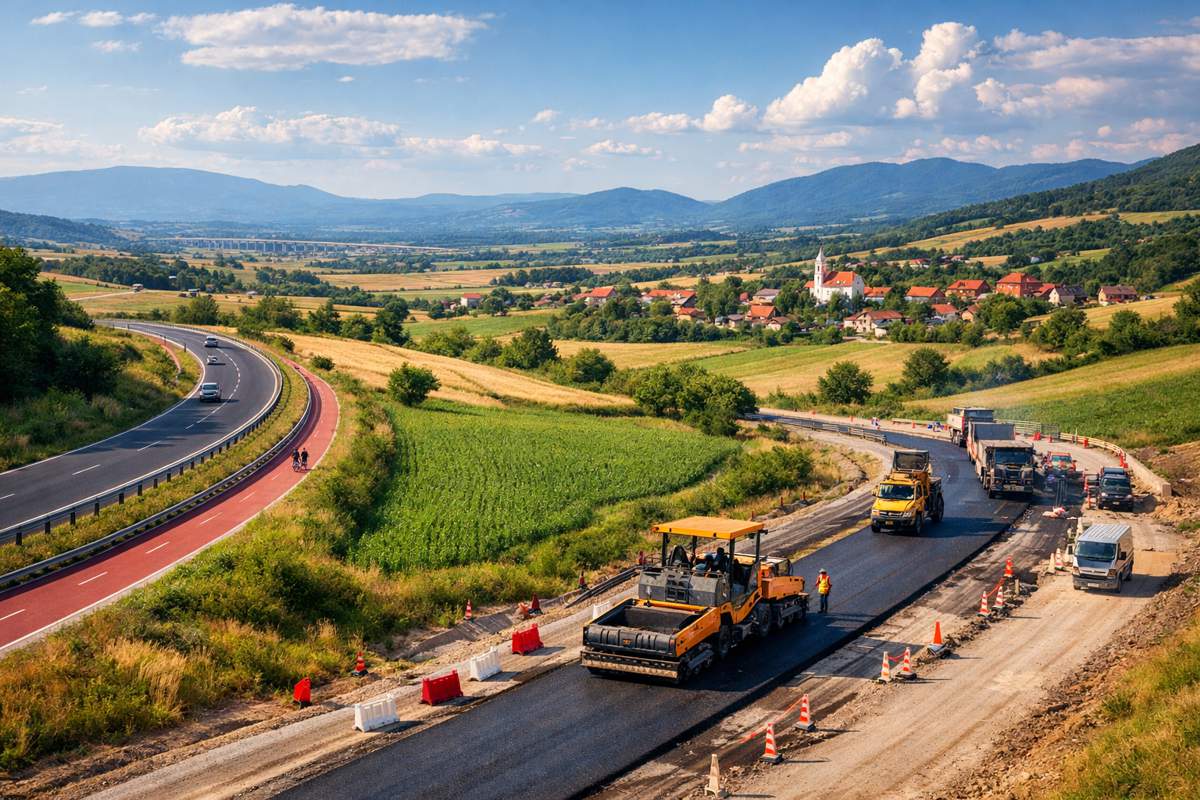Dublin’s MetroLink Project Moves Full Steam Ahead
Dublin’s transport future is taking shape as the much-anticipated MetroLink project moves into its next phase. As Ireland’s most ambitious infrastructure project, MetroLink promises to deliver a high-speed, high-capacity metro system that will transform the way people travel across the city.
With plans to link the busy Swords/Airport corridor to Dublin’s thriving city centre, MetroLink is set to reduce congestion, improve public transport efficiency, and offer a greener alternative to car-based travel.
Now, with the market consultation phase completed, the focus shifts toward the tendering process and project delivery. Here’s an in-depth look at the upcoming developments for MetroLink and what they mean for Dublin’s urban future.
A Game-Changer for Dublin’s Public Transport
The project represents a bold vision for modernising Dublin’s transport network, addressing current issues such as road congestion and the growing demand for reliable, efficient public transport. As Dublin continues to expand, the need for a fast and sustainable metro service has become clear.
MetroLink will deliver just that, offering high-frequency, high-speed metro services that will connect the Swords/Airport corridor with the heart of the city, making it easier than ever for residents and visitors to move through the capital.
When completed, MetroLink will serve as a backbone for Dublin’s public transport system, significantly reducing travel times and providing seamless connections to other modes of transport, including buses, trams, and trains. This integrated approach will provide commuters with a modern, efficient, and environmentally friendly alternative to traditional transport options.
Sustainability at the Core
One of the project’s key goals is sustainability. In a world increasingly focused on reducing carbon footprints, MetroLink is set to play a significant role in Dublin’s environmental strategy. The metro service will provide a cleaner, greener alternative to car-based commuting, helping to cut down on traffic congestion and air pollution.
Designed with energy-efficient technology, the trains will significantly reduce emissions compared to current transport modes. This shift will contribute to Ireland’s long-term sustainability goals, helping the nation move closer to its climate targets.
Key environmental benefits
- Significant reduction in car journeys, easing road congestion
- Energy-efficient metro trains with lower emissions
- Reduced carbon footprint across the city
- Promotion of more compact, walkable urban development along the metro route
By making public transport faster and more convenient, MetroLink will encourage more people to opt for sustainable travel options, contributing to a cleaner, healthier urban environment.
The Tendering Process
Following the successful market consultation phase, the MetroLink project is now entering the formal tendering process. Transport Infrastructure Ireland (TII) is preparing to open the competition to find the best partners to deliver this multi-billion euro project.
The upcoming tendering process will involve several key contracts, focusing on different elements of MetroLink’s construction, design, and operation. These contracts will be issued in stages, with TII ensuring that each part of the project is delivered by the most qualified and experienced partners.
Upcoming contracts
- Civil Infrastructure Contracts: These will cover the design and construction of critical infrastructure elements, such as tunnels, stations, viaducts, and other related structures. Each contract will be awarded based on specific geographical areas to ensure focused and efficient project delivery.
- Public-Private Partnership (PPP): A significant portion of the project will be handled through a PPP contract. This model will bring private investment into the project, covering the Design, Build, Finance, Operate, and Maintain (DBFOM) phases. The appointed partner will manage the metro system’s construction and ensure its smooth operation and maintenance for years to come.
- Advanced Works Contracts: These smaller contracts will address preparatory works such as land acquisition, utility relocations, and preliminary site work. By handling these essential tasks early, TII ensures that the larger civil infrastructure works can begin on time without delays.
TII plans to launch the formal tendering process by November 2024, with contracts expected to be awarded soon after. Construction on the first stages of MetroLink is anticipated to start in 2025, with the metro system expected to become operational by 2029.
The Role of the Project Delivery Partner
One of the most critical appointments in the MetroLink project will be the Project Delivery Partner. This entity will manage the overall delivery of the project, ensuring that all contracts are executed according to schedule, within budget, and to the highest safety standards. Acting as a crucial link between TII and the various contractors, the Project Delivery Partner will oversee every aspect of the project, from safety protocols to construction timelines.
Responsibilities of the Project Delivery Partner
- Project Management: Ensuring that all project milestones are met on time and on budget.
- Site Supervision: Monitoring construction sites for compliance with safety and quality standards.
- Contract Administration: Managing the various contracts to ensure smooth project delivery.
- Coordination: Serving as the central point of contact between TII and contractors, ensuring seamless communication and problem-solving throughout the project.
This role will be vital in ensuring that the MetroLink project is delivered efficiently, safely, and within the planned timeframe.
Transforming Dublin’s Urban Landscape
The introduction of MetroLink is not just about transport; it’s about shaping the future of Dublin’s urban landscape. By connecting key areas of the city and offering faster, more reliable travel, MetroLink is set to drive economic growth and urban regeneration. Areas along the metro route are expected to experience increased investment, with new residential, commercial, and recreational developments taking advantage of improved transport links.
In particular, the Swords/Airport corridor, currently underserved by public transport, is expected to undergo significant transformation. The area will become more accessible, opening up new opportunities for business, housing, and tourism.
Furthermore, the metro system’s introduction will encourage more compact, transit-oriented development, reducing urban sprawl and promoting a more sustainable pattern of urban growth.
Dublin’s Transport Revolution
With MetroLink on the horizon, Dublin is on the cusp of a transport revolution. Once completed, MetroLink will not only improve daily commutes but also have a lasting impact on the city’s environmental footprint and economic development. It will provide residents and visitors with a fast, efficient, and green transport option, helping to future-proof the city’s transport network.
The road ahead is filled with exciting milestones, from the launch of the tendering process in November 2024 to the first passengers boarding the metro in 2029. As TII moves forward with the project’s delivery, MetroLink is set to become a vital part of Dublin’s urban identity, transforming the way people move around the city and ensuring that Dublin remains a vibrant, connected, and sustainable capital.
